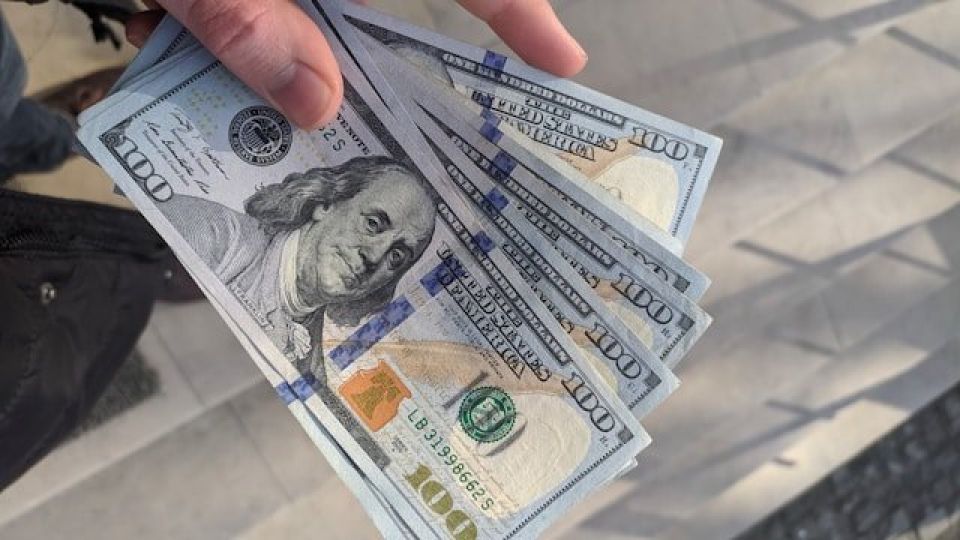February 11, 2025
JAKARTA – The government says it is not interested in replacing the United States dollar as the primary currency for international trade, amid US President Donald Trump’s threat to apply 100 percent tariffs to BRICS members contemplating alternative currencies and de-dollarization.
Members of BRICS, an informal grouping of emerging economies founded by Brazil, China, Russia and India as a counterbalance to wealthy Western nations, have been at the short end of Trump’s threats to penalize countries he deems are jeopardizing his “America First” agenda.
Two weeks ago, Trump renewed his pledge to declare a trade war on any “hostile countries” seeking to undermine the supremacy of the US dollar. In a social media post, he said he would “require a commitment” from BRICS countries that they would not go ahead with a plan to seek or create an alternative currency.
Amid these threats, Indonesia, which was granted BRICS membership on Jan. 6 in what it called a bid to strengthen cooperation with fellow developing countries, said late last week that it had no interest in replacing the greenback.
“As far as we understand, the issue of de-dollarization was discussed among BRICS members in its early days and ahead of Indonesia’s membership, and it was still only a plan. It was discussed as a potential form of BRICS cooperation and it was not narrowed to specificity,” Foreign Ministry spokesperson Rolliansyah “Roy” Soemirat told reporters on Friday.
“What is clear is that when Indonesia joined BRICS, it did so with a clear statement that it was not interested in the issue of de-dollarization,” he said.
Indonesia was taking a measured approach to its cooperation with the intergovernmental organization, Roy continued, adding that the country had joined around 58 BRICS working groups that focused on addressing issues related to the Global South’s interests and cooperation with other developing countries.
While Indonesia has lamented the “unjust” global monetary system on various occasions, it previously clarified that its entry into BRICS was not in any way contemptuous of the West. Rather, it stressed this was a reflection of a belief that the group “provides a valuable platform for fostering South-South cooperation and ensuring that the voices and aspirations of developing countries are heard and reflected in global decision-making processes”.
During a discussion last week on the country’s BRICS membership, held at the South Jakarta headquarters of the Foreign Policy Community of Indonesia (FPCI), presidential foreign affairs spokesperson Philips J. Vermonte reiterated Jakarta’s willingness to maintain cordial relations with Washington.
“Indonesia is not antagonizing the US, but developing more cooperation with those countries that are catching up,” Philips told the discussion. “Developed countries should not see [Indonesia’s BRICS membership] as a challenge.”
At the same event, former ambassador to the US Soemadi Brotodiningrat said the grouping could help provide Indonesia with another multilateral forum to negotiate its national interests in a world that was becoming increasingly divided and inward-looking.
“BRICS will be one of the vehicles, not the only platform, we can use to defend our interests,” he said.


